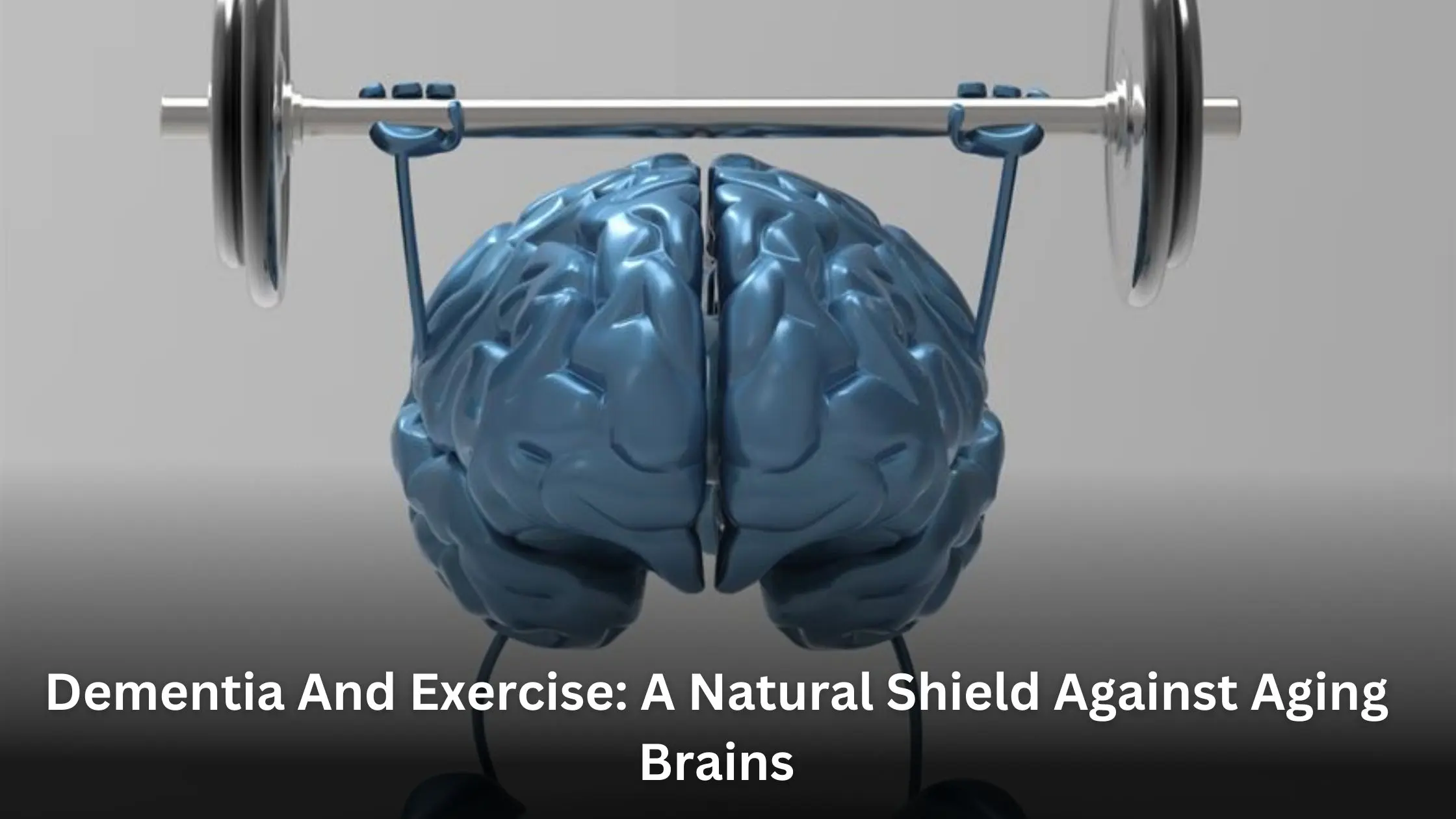As the global population ages, maintaining brain health and preventing cognitive decline has become a pressing concern. Researchers have highlighted a powerful, natural tool in this fight: exercise. A groundbreaking study by the Norwegian University of Science and Technology (NTNU) in collaboration with the Queensland Brain Institute underscores the critical role of physical activity in promoting brain health and reducing the risk of dementia.
The Power of Physical Activity
Exercise is widely recognized for its benefits to physical health, particularly the heart. However, the Norwegian University of Science and Technology (NTNU) researchers, led by Ulrik Wisløff and Atefe R. Tari, reveal that exercise is equally important for the brain. Their study, published in The Lancet, consolidates evidence from both animal and human research, demonstrating how regular physical activity positively influences brain function.
The researchers emphasize that even small amounts of high-intensity exercise—like brisk walking—can yield significant benefits. Tari explains, “Exercise appears to be one of the most promising measures to prevent cognitive decline and dementia.”
How Exercise Protects the Brain?
The study identifies several mechanisms by which physical activity bolsters brain health, including:
- Enhanced Blood Flow: Improved circulation ensures the brain receives adequate oxygen and nutrients, critical for maintaining cognitive function.
- Reduction of Inflammation: Exercise helps counteract inflammation, a contributor to many neurodegenerative diseases.
- Boosted Immune Function: A healthier immune system better protects against age-related cognitive decline.
- Brain Plasticity: Physical activity promotes the brain’s ability to adapt and reorganize, a vital factor for learning and memory.
- Release of Protective Molecules: Exercise stimulates the production of molecules that protect brain cells and repair damage.
“These processes decline with age and play a significant role in the development of dementia,” Tari notes.
The Case for Microtraining
The researchers advocate for “microtraining,” a concept they detailed in their recent book, Microtraining – 7 Weeks to Boost Fitness and Strength. This method focuses on incorporating small doses of high-intensity exercise into daily life.
While current health guidelines recommend at least 150 minutes of moderate or 75 minutes of vigorous activity per week, the reality is that 50-70% of people fail to meet these benchmarks. Microtraining offers an achievable alternative that delivers measurable benefits, even with less time invested.
“Just a few minutes of high-intensity activity, such as brisk walking where singing becomes difficult, can reduce dementia risk by up to 40%,” Wisløff highlights.
A Call for Action
With life expectancy rising globally, cognitive decline and dementia are becoming major public health challenges. Since no cure for dementia currently exists, prevention is paramount.
The NTNU researchers, along with international experts, urge health authorities to revise their guidelines to emphasize the brain-specific benefits of exercise. Public messaging should focus on the effectiveness of even small amounts of high-intensity activity to motivate more people to take that crucial first step.
“Exercise is affordable, accessible, and free of side effects,” Tari asserts. “It should be a cornerstone in strategies to preserve brain health.”
Never Too Late to Start
Perhaps the most encouraging finding from the study is that it’s never too late to benefit from exercise. Regardless of age or previous activity levels, starting physical activity—even in small amounts—can significantly improve brain health and overall quality of life.
The message is clear: a little effort goes a long way. For those looking to protect their brains as they age, incorporating regular physical activity into daily routines is a vital and manageable step.

